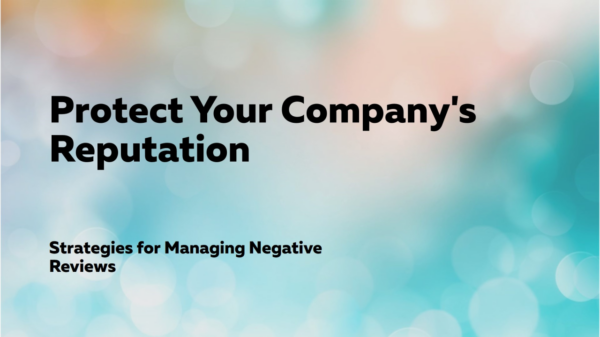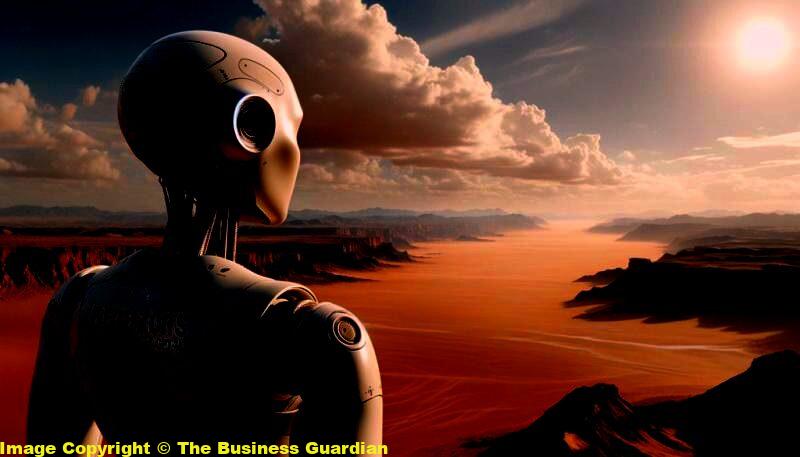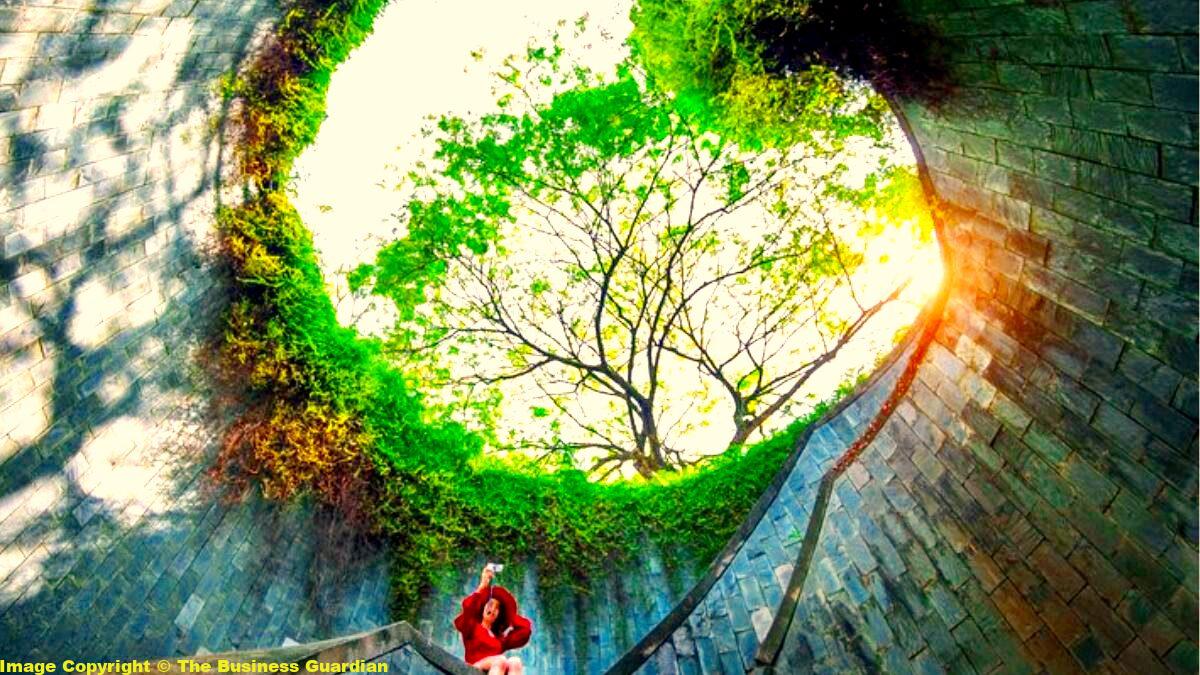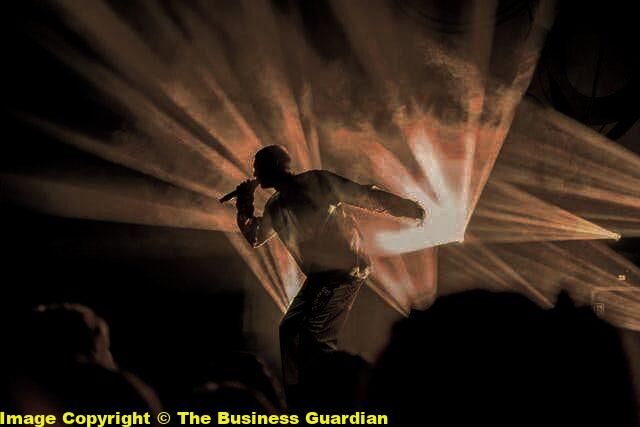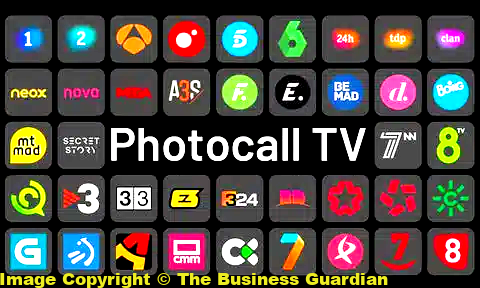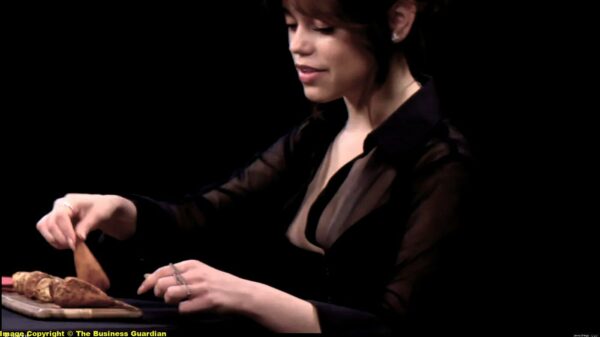In the field of classical thermodynamics, scientists use a concept called entropy to help measure the degree of disorder between atoms and molecules in a physical system. The higher the entropy, the more chaotic the system.
Outside of thermodynamics, the same concept gets used as a metaphor to help explain complex systems with lots of moving parts, which makes it a helpful way of thinking about startups. After all, when you’re the founder of a startup, you’re basically trying to control a collection of enormously chaotic things: employees; customers; funding; competitors; market dynamics; supply chains; and any number of other wildly unpredictable factors.
The chaos of startups is, in a word, overwhelming. How are you going to manage it?
The first step to dealing with the chaos of a startup is to understand that, in the end, you’re never going to be able to overcome it. After all, entropic chaos is basically the fundamental rule of how the universe works. Well, technically, it’s the second rule of how the universe works. Or, more specifically, it’s the second law of thermodynamics, which tells us: In any natural process the total entropy of a closed system will always increase over time, leading to greater disorder.
In other words, everything in the universe is always moving toward irreconcilable chaos, which, if you’ve run a startup for any amount of time, you can surely appreciate.
But don’t get too discouraged because, even though entropy is ultimately unstoppable, scientists also know there are ways of managing and containing entropy for short amounts of time. This elusive sense of temporary control is also the main goal of a startup founder. You’re basically trying to temporarily control chaos in your company long enough to get someone else to buy it, at which point all the inevitable chaos of your company becomes someone else’s problem.
Sure, temporarily controlling chaos isn’t easy, but there’s a framework for doing it well. Strangely, that framework comes from what most people assume is the polar opposite of the scientific world: the world of art. It’s also why the best entrepreneurs are actually artists.
The missing artistry in startup founders
In general, entrepreneurs don’t usually think of themselves as artists. To be fair, I don’t have the raw data to prove this point, but I’m going to use 20 years of experience in the startup world to anecdotally justify my assertion.
During the first half of those 20 years of startup experience, I was building venture-backed technology companies. At the time, my then-co-founder and I were both classically trained musicians, and anytime people found out — for example, investors — they were shocked. In retrospect, I interpret their surprise to mean it was relatively unusual for startup founders to have artistic backgrounds.
As for the second half of those 20 years, I’ve been teaching entrepreneurship at Duke University. During that time, I’ve worked with thousands of entrepreneurs, and very few of them came from any sort of arts-focused fields or industries.
Simply put, the overwhelming super-majority of entrepreneurs I’ve encountered during a 20 year entrepreneurial career have backgrounds in engineering, the sciences, or business. They don’t consider themselves artists.
Surely, this isn’t shocking information for anyone. However, it is strange when you consider that engineers, scientists, and business people don’t usually like chaos. The people who thrive in chaos are usually artists.
The artistry of entrepreneurship
To appreciate why the best entrepreneurs are artists, take a moment to compare them to jazz musicians.
Jazz — real jazz — usually seems chaotic, but it’s controlled chaos. The best Jazz musicians are the ones who know how to successfully improvise within the framework of a certain set of harmonies. In other words, they operate within constraints, but those constraints are flexible enough to allow great jazz musicians to collaboratively create beautiful music together based on the improvisational flexibility given to them by the lack of clear guidelines and systems. Surely, the same can be said of great entrepreneurs.
If jazz isn’t relatable for you, surely movies are. Remember that great films aren’t created by a bunch of people simply reading what’s on a page. In fact, if you’ve ever looked at the scripts for your favorite movies, you’ve seen they contain very few details beyond the words. This means most of the depth of characters come from what the best actors, actresses, and directors bring to those words — the emotion, the delivery, the way they carry themselves, how they move, and so on. Ultimately, the words of a script are just the loose framework in which the actors and directors — the artists — apply their crafts in order to bring characters and stories to life. This is what great entrepreneurs do, too. They turn a basic outline of information into compelling experiences for audiences.
And then there’s writing. Take a close look at your favorite novel and you’ll quickly see how few of the details about the characters and places you love and cherish are actually written in the text itself. Instead, the best authors give tiny, well-placed details that serve as jumping-off points for the imaginations of their readers.
All of these things are true in entrepreneurship, too. Entrepreneurship isn’t some rigid framework with clear instructions and easy-to-follow rules. It’s an artistic process of taking all the chaos of the world and temporarily producing pieces of beautiful order.
So, the next time you feel overwhelmed by the entropy of your startup, remember that the best entrepreneurs, like the greatest artists, aren’t afraid to embrace the mess. They understand and appreciate that true innovation lies at the intersection of chaos and creativity. And the same is true for you. You’re not just building a company; you’re crafting a masterpiece — a symphony of ingenuity amidst the beautiful disorder of creation.


